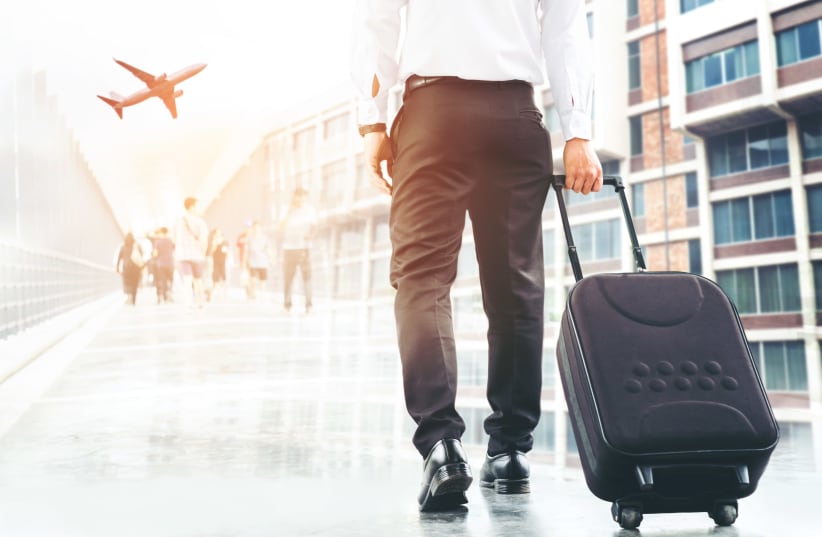Major new reports from the World Travel & Tourism Council ( WTTC ) and Microsoft highlight the transformative power of AI (Artificial Intelligence) for Travel and Tourism, marking a commitment to a digital future with unparalleled customer experiences.
The first in a series of AI reports, announced during the world tourism body’s event at FITUR and in collaboration with WTTC industry partner Microsoft, is set to redefine travel and tourism standards and call for greater integration from the sector. of these technologies.
To promote sustainability and great customer experiences, WTTC recognizes the crucial importance of AI in revolutionizing the sector.
Throughout the traveler journey, WTTC believes AI can play a critical role in delivering an enhanced, personalized experience now and in the future.
This technology can power personalized recommendations and marketing strategies by analyzing traveler data, optimizing pricing strategies through real-time adjustments, and offering instant responses and fine-tuned interactions through sophisticated AI-powered chatbots.
The report also highlights that AI capabilities extend to predicting future demand patterns, efficiently allocating resources and providing valuable information to governments and travel and tourism stakeholders.
This contribution can be fundamental to promote sustainability with efficient resource management by monitoring and minimizing environmental impacts, guaranteeing a more responsible and sustainable sector.
Julia Simpson, President and CEO of WTTC, said: “As we navigate the ever-evolving travel and tourism landscape, AI is emerging as a catalyst for positive change.
“The transformative capabilities highlighted in this report demonstrate that AI is not just a technological advancement, it is a strategic tool that can personalize the customer experience, drive sustainable improvements, and create real-time pricing models.”
Julie Shainock, General Manager of Travel, Transportation and Logistics at Microsoft, said: “Using Microsoft’s Azure OpenAI models across the travel industry enables greater productivity for businesses and drives a more personalized consumer experience.
“For travelers, the ability to generate more inspiration and personalized offers at the time of booking is to provide tools to consumers to proactively help them while they are at the destination to anticipate their needs with relevant information to improve their trip. For travel companies, GenAI is there to increase productivity, automate the predictable and allow our human-centric approach to the highest value moments in travel to shine brighter.”
Despite growing examples of AI applications in travel and tourism, the report reveals that the sector lags behind other consumer-facing industries in AI adoption. The rise of AI in several sectors last year is now a relevant force, and the travel and tourism sector must act now to harness its impact.
Challenges that travel and tourism companies must overcome include a shortage of AI-trained workers, limited AI infrastructure, and the absence of a formal “AI strategy” in many business plans.
Travel and tourism companies are urged to adopt AI as a strategic priority, investing heavily in talent to foster collaboration between humans and AI.
Amid concerns about the impact of AI on employment, the report addresses the potential for job creation and recognizes that while AI will be disruptive, it will in turn create new opportunities.
In the pursuit of sustainable AI practices within the travel and tourism sector, responsible data management emerges as a crucial strategy.
Implementing measures such as data minimization, efficient storage and responsible data disposal becomes essential for organizations seeking to minimize their carbon emissions when using new digital technologies and significantly reduce their AI environmental footprint.
The report explores the applications of AI in society and business, emphasizing the need for safe and responsible AI system design in travel and tourism, marking a milestone in the sector’s commitment to innovation and sustainability, and shows the potential of AI to shape a bright future for travel and tourism.


